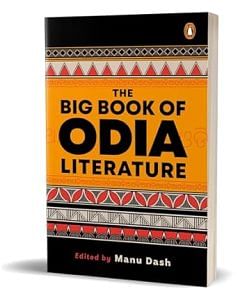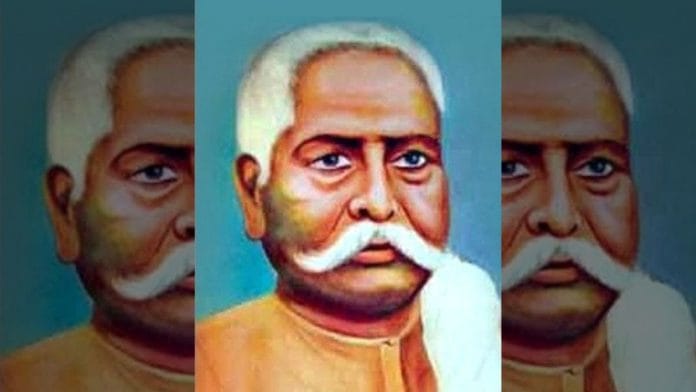There is no limit to the degree to which the local people and the government are taking care to promote the literature of Utkal. The way schools are being established and the books printed, all have a strong belief that there shall be progress in the Utkal language very soon. I feel that the real means are yet to be followed and there remains a serious obstacle in the progress of the language.
Before giving an example of this obstacle, we deem it proper to rectify the misinterpretation of a few people. The readers would have remembered how Rajendralal Mitra of Calcutta visited our province last December and addressed the Cuttack debating club. We had appreciated his ability to deliver lectures in the English language, but we had not given any opinion about his address at that time. We came to know a few days back that many people are following his address and considering it as an intellectual discourse. That’s why we thought it necessary to point out the flaws in his address. Babu Rajendralal Mitra said, during his address in the meeting, that real well-wishers of Utkal would do great service to the state if they promoted Bangla literature, ignoring the literature of Utkal. In his opinion, there shall be no development of the state if the standard of the Utkal language has not reached a particular level, and there shall be no possibility of progress in the country.
Justifying his opinion, he said that according to the census of the drought commissioner, the population of Utkal is 20 lakh. If the women and children are taken away from this lot, there will be ten to twelve lakh of people who are potential readers. Can such an insignificant number of people actually protect any language? It is impossible for any author to be successful in the profession of writing because of this number. Bengal, on the other hand, is a vast province with significant progress in its language. If Bangla is implemented here, then the good books in Bangla will be abundantly available for the people living here. He mentioned that 300 books have been published in Bangla in the last three months whereas in Utkal, no more than three or four books were published. It is a glaring example that the Utkal language can never make any headway in such circumstances.
We had thought that after coming on a visit to Utkal, Rajendra babu would be aware of many things, but we were surprised to hear the above information. It is now very difficult to make out whether he expressed his intimate feelings or tried to thrust his personal opinion upon us by citing false examples, carried away as he was, by the love for his province. Was he not aware while talking about the population, which was confined to the Mogulbandi area, that the Utkal language is spread out up to Medinipur on the north border, Ganjam on the south border and Bengal to Sambalpur on the east-west border? If he was not aware of the fact, why did he damage his reputation by sharing his ignorance with people? A person should not speak about any subject in which he is not well conversant. In fact, it is observed that the area of Utkal-speaking people is no less than the area of Bengal province.
So, there is every possibility of the development of the Utkal language. Whatever he said about the publishing of books is nothing but misinterpretation. We have said time and again that for long, the Government has had a soft corner for Bengal and the Utkal language lags because of it. Rajendra babu’s version would have been appreciated had there been the same appreciation for both languages. Could this be expected to be achieved without taking the time and situation into consideration? After the famine, the state government extended its help for development. Had these endeavours been initiated ten years ago, Rajendra babu would have found it difficult to find the reason to bring his arguments home. What we want to say is that his opinion is wrong and those who are following this opinion are swimming through the fog, causing unnecessary difficulties for themselves.
But what’s the obstacle in the promotion of the Utkal language? We believe the Utkal language has been three-pronged. It is not getting its due for no reason. Three separate governments have become its saviour. This language is not read with evenness as one segment comes under the ambit of the Bengal Government, another under the rule of the Madhya Pradesh Government and the third under the rule of the Madras Government. Each area has its own rules and regulations, and different books are read in different regions. Apprehending this proposal is getting a little too lengthy, we are constrained to proceed no further. We will publish next week whatever proposal we have in mind.

This excerpt from Gourishankar Roy’s essay in ‘The Big Book of Odia Literature’, edited by Manu Dash, has been published with permission from Penguin Random House India.






